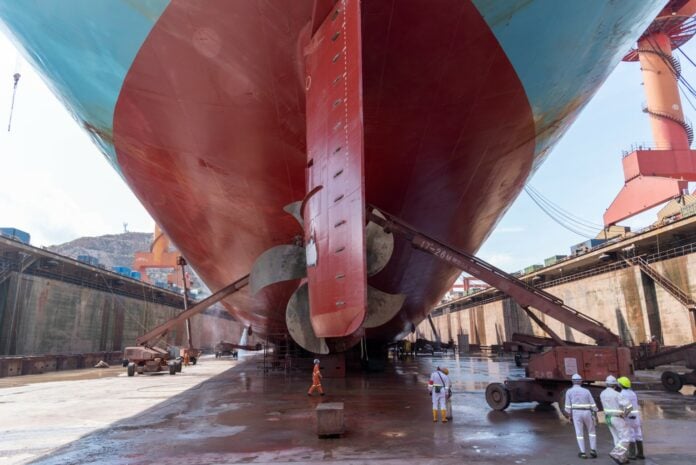“Greek shipowners are back”. After a two-year absence, the world’s largest shipping nation made a strong comeback in 2023, topping both new vessels and secondhand ship purchases.
According to official data, they ordered 267 ships of all types worth 18.1 billion dollars, while in the same period they also dominated the second hand market with 233 ship purchases.
However, according to Clarksons analysts, more investments in new vessels are expected in the coming years, since the total order book currently represents only 10% of the capacity of the active fleet of Greek shipowners, a percentage that is below the global standards.
In the period 2020-2022, the great majority of Greek shipowners hesitated to proceed with the purchase of new ships, amid uncertainty over the dominant type of ships in the future.
Despite the fact that the landscape did not completely clear up in 2023, Greek shipowners have returned massively to the berths, investing mainly in state-of-the-art eco ships but with conventional fuels.
The number of dual fuels has also increased significantly, mainly with the alternative fuel liquefied natural gas, while orders were also recorded for Greek-owned ships that will use methanol as an alternative fuel.
According to Clarksons data, Greek shipowners spent 18.1 billion dollars on the construction of new ships in 2023. That amount is 60% higher than in 2022 and represents 16% of the total cost of new orders last year.
The total number of ships ordered by Greek shipowners last year reached 267, while their total transport capacity stands at 26.6 million dwt.
Among the leading Greek investors, according to the same data, are the shipowners George Prokopiou and George Economou. The total investment of the two specific ship owners reached 10 billion dollars in 2023, while their common feature is that the ships they ordered, despite the fact that they have all the ecosystems, will run on conventional fuels.
In terms of vessel type, tankers represent the lion’s share, accounting for 15 million dwt of the 26.6 million dwt ordered by the Greeks last year.
Behind the Greek shipowners, however, are not the Chinese, who have been gradually reducing the difference in terms of dwt from the Greek-owned fleet, but the Japanese with investments of 16.3 billion dollars and the Chinese are the third with investments amounting to 15.8 billion dollars.














